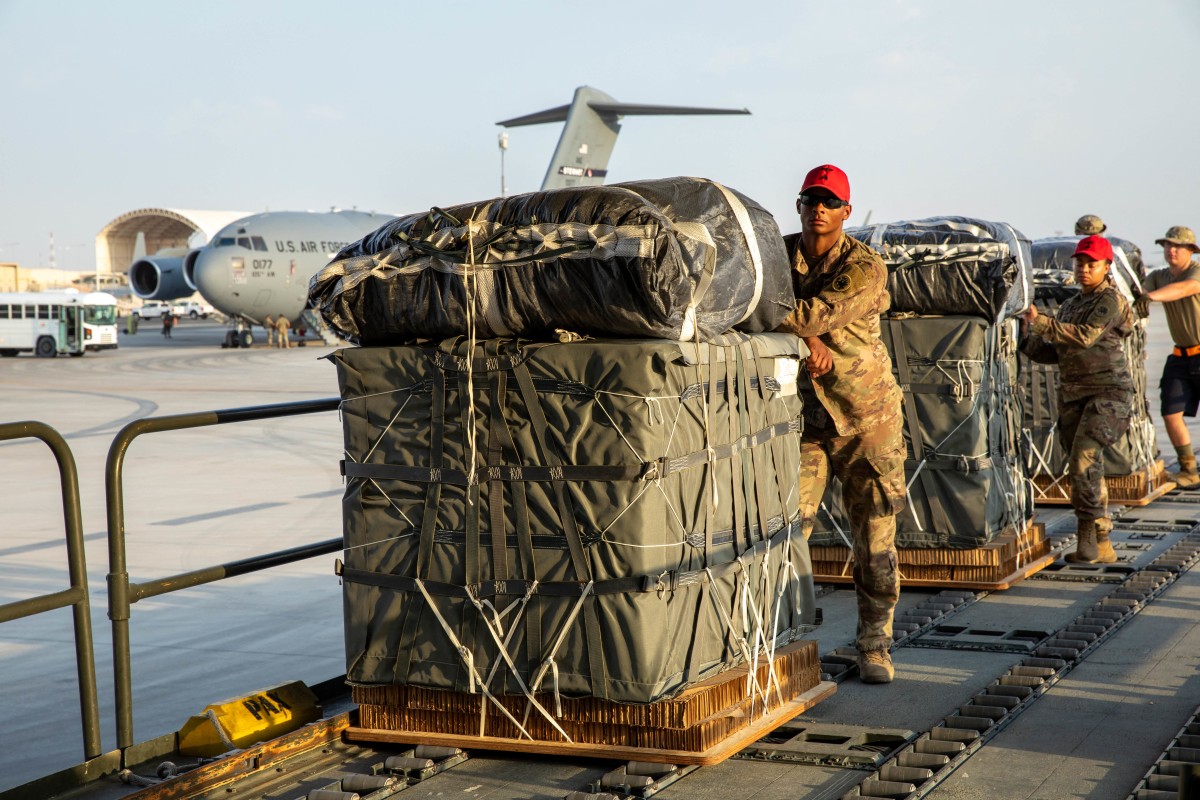Rome, Italy – The UN’s food agency on Thursday said it was pressing Israel to allow it to use the Ashdod port north of Gaza to make it easier to reach starving Palestinians.
“We have several requests with the Israelis,” World Food Program (WFP) Deputy Executive Director Carl Skau told AFP in Rome, after its latest failed attempt to get food to northern Gaza.
“We want to use the Ashdod port, which would be much more efficient than going through Jordan or even Egypt,” Skau said.
Since the start of the war between Israel and Hamas, Gaza has been plunged into a food crisis, with outside aid severely restricted.
The UN estimates that 2.2 million people — most of Gaza’s population — are on the brink of famine, particularly in the north.
“There is catastrophic hunger situation. People are desperate and the tensions are high. And there is a complete breakdown also of civil order,” Skau said.
“In order to avert a famine, we need huge volumes of assistance. We are talking about hundreds of thousands of people. Airdrops are not an option for averting famine,” he added.
Israeli forces have previously blocked UN aid at the Port of Ashdod, some 30 kilometers (19 miles) north of Gaza.
“We want to get more goods over the border to Gaza. We are now using Kerem Shalom (border crossing), but we would like to have a crossing also directly into the north,” Skau said.
WFP’s last aid convoy was turned away by Israeli forces at a checkpoint to northern Gaza, after which it was looted by “desperate people”, the agency said on Tuesday.
It was the first convoy attempted since the agency halted deliveries to the north of Gaza on February 20, after its convoy of trucks faced gunfire and looting.

